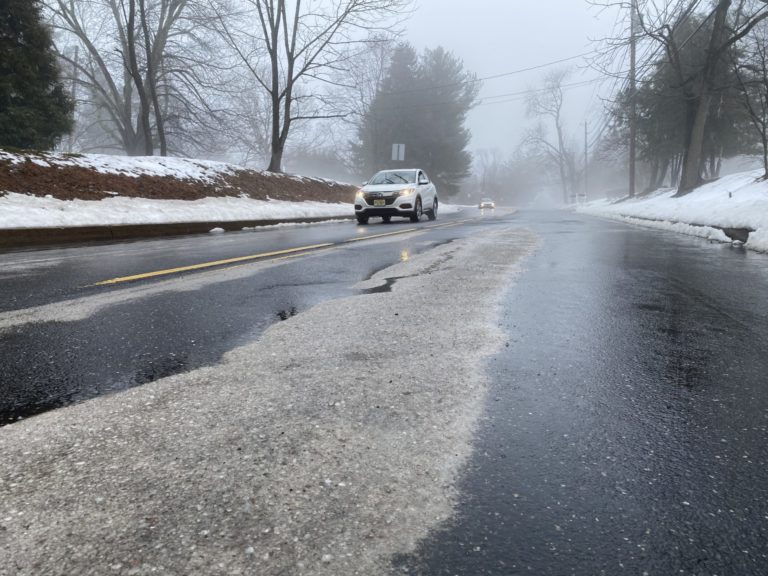 Road salt is a useful tool to keep traffic moving during inclement weather, but everything we apply to the roads eventually ends up in our freshwaters. Excessive application of winter salt damages infrastructure, threatens our drinking water, and harms freshwater ecosystems - just 1 teaspoon of salt will pollute 5 gallons of water to a level that is toxic to freshwater organisms!
Road salt is a useful tool to keep traffic moving during inclement weather, but everything we apply to the roads eventually ends up in our freshwaters. Excessive application of winter salt damages infrastructure, threatens our drinking water, and harms freshwater ecosystems - just 1 teaspoon of salt will pollute 5 gallons of water to a level that is toxic to freshwater organisms!
Richard Balgowan, PE, PP, CPM, CPWM, PWLF is an expert in highway and municipal engineering, with more than 35 years of experience working with State DOTs and municipalities, six of which he spent as the Director of Public Works for Hamilton Township in Mercer County. Rich will share his experiences with smart salting practices in Hamilton, where they rely on brining and anti-icing to reduce overall salt use and deploy live GPS-tracking and road surface temperature sensors on salt applicator trucks to remain nimble in response to quickly changing conditions.
Join us to learn more about how your municipality can adopt smart salting strategies like these. Not only do they reduce the amount of salt entering our critical freshwater environments, but they can also save a substantial amount of time and money!
The Zoom webinar link will be provided in your confirmation email.
This webinar is a part of the national Winter Salt Week initiative.
Click here to view the other Winter Salt Week webinars, every day at 1:30pm:
- Mon, Jan 27 at 1:30pm and 7:30pm: An Eye on Salt Pollution (Abby Hileman, Izaak Walton League of America)
- Tue, Jan 28 at 1:30pm: Dilution is NOT the Solution (Jess Hua, University of Wisconsin-Madison)
- Thu, Jan 30 at 1:30pm: Policy Solutions Panel (Ted Diers, NH; Cara Hardesty, OH; Bryan Gruidl, MN)